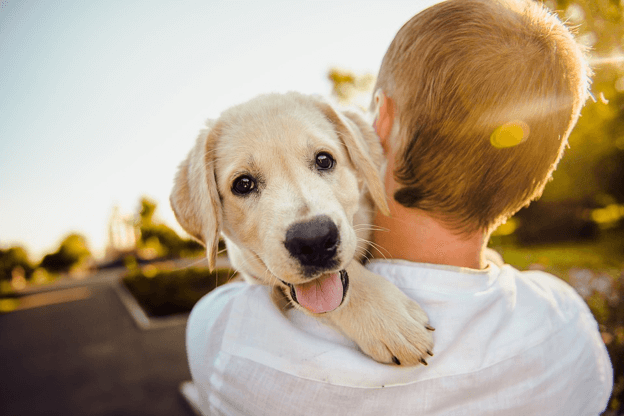Pomsky Red Alert: When to See The Doctor

Your pomsky needs to see a vet regularly, for it to grow up healthy. They'll be needing regular checkups and bloodwork, to know where their health level is at. The number of times your pup needs to see a vet depends on several factors, and we'll be discussing them below.
Puppy Days
If your pup is less than a year old, you'll have to prepare several trips to the vet for its vaccinations. You'll need to make sure they get their vaccinations out of the way, to avoid the risk of contracting any sickness in the future. Vaccines are also essential to prevent contracting a future disease, which might become detrimental to your pup's health. You should know the best and proper pet care for your pomsky's puppy days.
Besides getting vaccinated, your vet needs to do some bloodwork to check the overall health condition of your pup. It can check the propensity of your puppy from developing a specific kind of disease, and you'll be able to avoid it at an early stage. Don't miss out on getting your pups their necessary vaccinations like:
- Anti-rabies;
- Distemper-parvo;
- Influenza;
- Cough;
- And others.
Adult Years
Once your pup turns a year old, you won't have to make a trip to the vet as often. You can schedule a bi-annual or annual check-up with the vet, to update them with their vaccines and health record. Some yearly check-up includes a physical and blood work stage, to check where your dog's health is at. Depending on your dog and how old they are, they may require your dog to undergo different medical exams or procedures.
Your vets will advise you on how to manage any pre-existing condition your dog has if any. Most importantly, you'll have to pay close attention to your dog's health requirements. Your vet will already tell you what your pup should avoid, and supplements they'll need to grow healthy. Some owners fail to give their dogs an annual checkup, and it can lead to severe consequences.
Senior Dogs
If you have a senior dog, somewhere between seven to eight years old, it recommended you schedule a visit to the vet two times a year. Your senior dog will need to go a more extensive medical exam to check their health conditions, including urine and fecal tests, blood work, and physical exams. Vets would also look at the internal organs of your dog like their kidney, heart, and liver, to make sure everything still works well.
While you're having your dog checked-up, talk to your vet. Your vet should be aware of your observations so that it can make an accurate diagnosis. Tell your vet about the changes you've noticed, such as the following:
- Decreased appetite and water consumption;
- Lethargic and aloof
- Trouble walking or standing;
- Coughing or difficulty breathing.
Dog Bites and Scratches
If your dog loves playing with other dogs, and it gets to a fight or accident, you need to watch out for bites they might have incurred. If your dog gets bitten by another dog, your first reaction is always to bring them to the vet. They need to get the wound cleaned and take necessary precautions by vaccinating your pup. If a stray dog bites your puppy or a dog unfamiliar to you, there's a risk that your puppy might get rabies.
Dogs don't inherently have rabies, and they only get it if they're bitten or scratched by a dog infected with such. Which is why pet owners should be responsible for making sure their dogs are vaccinated regularly. You can avoid your pup from getting bitten or scratched by:
- Allowing them to play in a safe environment, such as a dog park or your lawn;
- Watch over your dog when it's playing with new dog friends;
- Don't let your dog wander alone in the streets;
- Observe the dog that bit or scratched your dog for any unusual behavior.
Constant Vomiting
It isn't unusual for your dog to vomit once in a while, but once it starts becoming constant, you need to bring your pup to the vet. Your dog might have consumed something their stomach can't tolerate, or they've ingested foods that are prohibited for dogs. Constant vomiting could lead to other serious health complications like:
- Diarrhea;
- Dehydration;
- Heart problems
If you notice that your dog is vomiting, observe how frequent it is in a day. Watch out for signs of blood, and if there are unusual particles, your dog vomited. If a fever accompanies your dog's vomiting, then you shouldn't hesitate to go to a vet. Your dog might be struggling with an underlying condition you aren't aware of.
Your vet is your friend, and they'll make sure to keep your pup healthy until they grow up. Don't miss out on a trip to the vet because it can save the life of your pomsky.
839GYLCCC1992



Leave a Reply